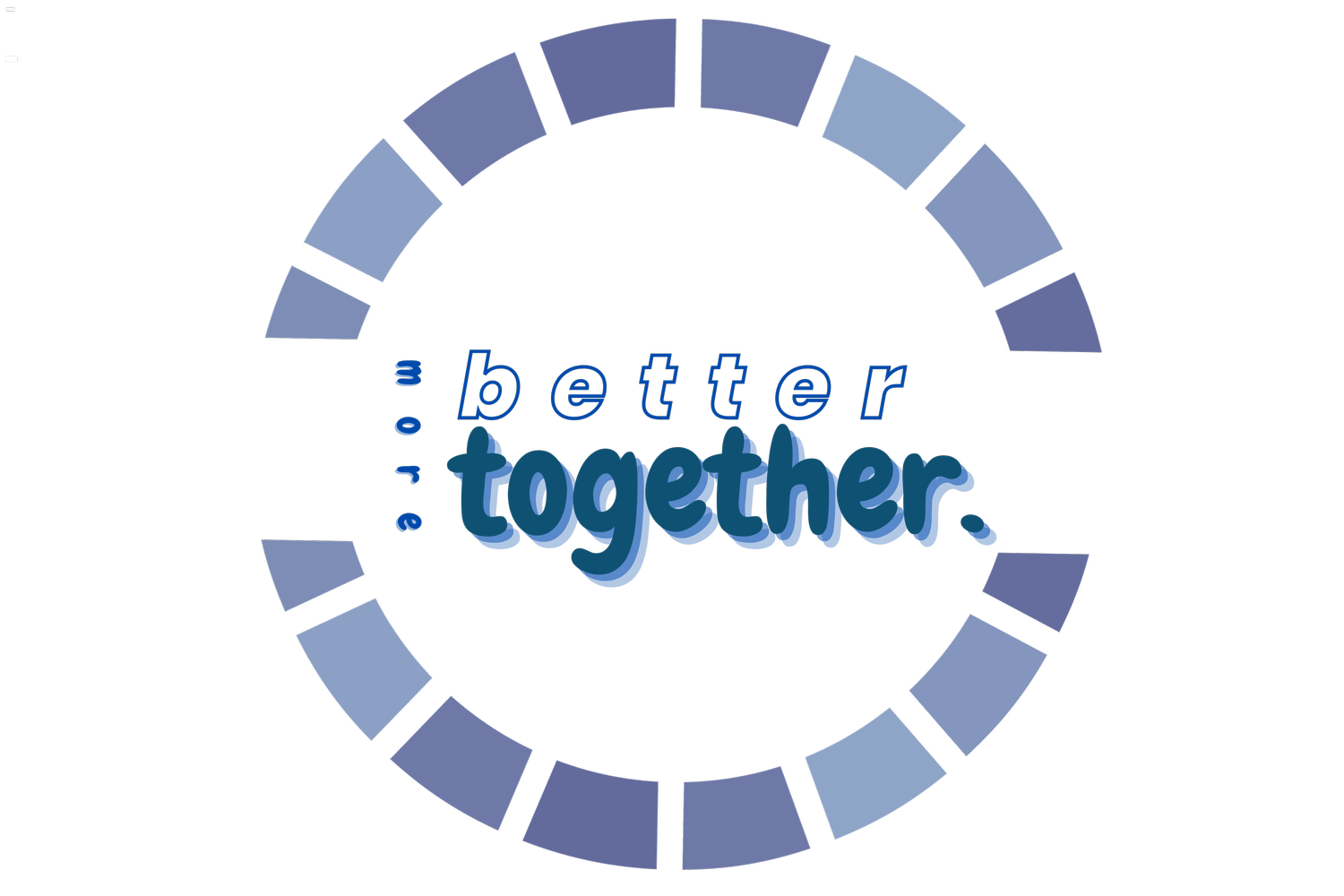The most important question in education today: “What if?”
Dr. Sonny Magana is an Oxford Research Scholar, award-winning teacher, and best-selling author. Synthesizing groundbreaking research into his latest book, Disruptive Classroom Technologies, Sonny introduced the T3 Framework to wide international acclaim. Sonny founded and served as
Principal of Washington’s first CyberSchool in 1996, a groundbreaking distributed learning program is still serving at-risk students. Sonny holds a Bachelor of Science degree from Stockton University, a Master of Education degree from City University, and a Doctorate in Educational Leadership from Seattle University.
Conversation with Craig Vezina, May 13, 2020
Sonny Magana: We currently have a tell and practice model of learning where teachers tell students what to learn, what to memorize and how well they’re memorizing it. If we just add technology on top of a tell and practice model we’re going to get very limited results, but if we open up that model so that students create their own curriculum pathways and explore new ways of learning and new ways of expressing that learning then we’re onto something. And my research shows that when we do that when we follow those precepts learning doubles and even quadruples. So, it’s not so much what technology is used but how it’s used. And I think the greatest potential is an open ended productivity technology, the ability for students to think computationally, develop coding capacity and create new platforms, new tools, new apps that not only represent what they know and what they can do, but are ways to improve the world, to make the world a better place by solving problems. So, that is where I think we have the most potential. In my state there’s a student who is 17 years old, he’s at a junior local high school here and he created a COVID mentoring website that uses web scrapers to determine infection rates, number of deceased, number of people recovered and it’s remarkably accurate and it’s used by millions of people around the world. And that was a problem that he saw like nobody really knows what’s happening so he created this new platform to keep the world informed of this tragic global pandemic and he’s 17 years old. That gives me great hope. I think we should be optimistic that the technology that we should be really investing in is not ones and zeros, it’s not digital, it’s not stuff, the technology we really need to invest in are the hearts and minds of our young people, the human technology. That’s the technology that will get us through this global pandemic and any other pandemic or any other critical issue that faces humanity. The hearts and minds of students is any nation’s greatest natural resource, most precious natural resource.
I think people are asking now that they find themselves in this situation, which is okay. I can’t meet with my kids, schools are closed, I don’t know if it’s going to open. What now? What now I think is the wrong question to ask. What we should be asking is what if. What if has open ended possibilities that will allow humans innate desire to make the world a better place and to be innovative and a contributive member of a global society and bring that to the forefront. So, “what if?” is the question that I would like people to think about. What if schooling were not location-based? What if schooling were not based on seat time, the amount of time a child is literally sitting in a seat in order to learn content? And what if we embrace student generated assessments, assessments in forms of developing or evaluating growth and progress that come from the student, what if we did those things? Those are the questions we should be asking right now and I would encourage everyone to stop considering what now and consider what if. Because that shift from what now to what if prompts human imagination and that’s perhaps our greatest tool in trying times.
